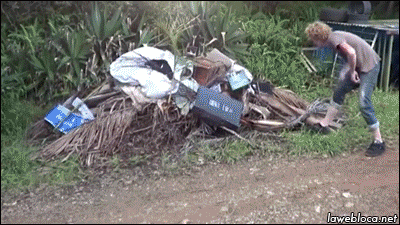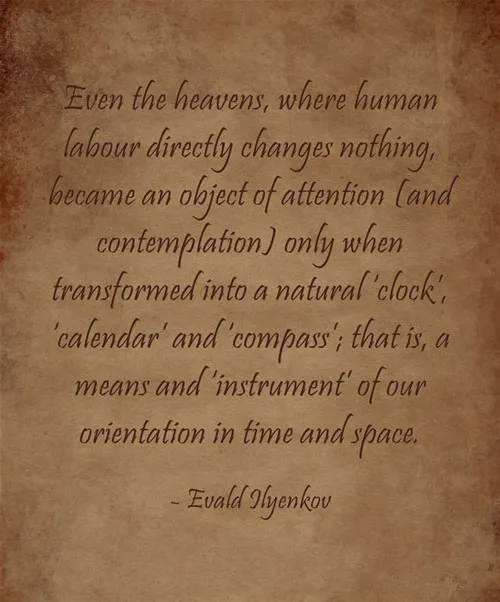Entitled Waste
The inability to let one's perceived assets go to waste* is an affliction typical of our age. It afflicts mostly people in their teens, and certain professions are more prone to it than others. The actor in particular is quite susceptible to it.
* "Going to waste" is defined in this section as any state of being that does not have the whole world as its witness. A clothed body, for instance, would qualify as "going to waste."

Source
The champagne Paper magazine pic didn't have a free license on it.
After all, if they are unable to show off their assets, what is the use of possessing them? But if their youth—from top to bottom—is captured on film before it fades, then it's a different story. Afterwards, when they look at themselves in the mirror, they will feel less burdened, less outraged: the symphony has been transcribed and recorded. Now the composer may unwind: he will no longer feel that he has something to prove. His duty has been discharged.

Source
I guess they call this creative (commons) advertising.
The whole condition is related to a kind of mania that has taken over the world ever since cameras were invented, but more-so in the last decade or so, when people have been enabled to publish their pictures online and can also enjoy them without having to develop them. This mania can be observed most clearly in that peculiar feeling of melancholy and irritation that takes hold of people when they realize they have forgotten to take their camera to an outing. Now they feel that the fun they will have will be to no use, or that their good looks, made better by their well-picked clothes and time-consuming beautification procedure, will be wasted. The picnic, the travel abroad, the nuptials—might as well not have taken place if they were not caught on film. By not being caught on tape, good experiences lose their value. By being caught on tape, even an otherwise undesirable experience—like being caught on fire—attains some value.

Source
"Is this meaningful?" I.e. "Can this be used?"
The Theory of Use briefly restated
Our values make life comprehensible, by assigning a use-value to things ("How can things be used in relation to my values?"). Things make sense: a rose is to be used as a fragrance and as an ornament; a stone is to be used for building houses and carving tools; wood is to be used to keep a fire and to built boats.—Without values, these things would be unintelligible, meaningless.*
* Strictly speaking, without values, these things would simply be non-meaningful. For something to be either meaningful or meaningless, values are required.

Made with quozio.
You can only see the sky if you can use it.
Unentitled Waste
A friend was complaining about her life again, specifically about the fact that there is no man in it. "So much beauty going to waste," she said. I laughed. But it's a feeling many single people are too familiar with: when they are sex-deprived and love-deprived, when they feel that whatever good things they possess are being wasted. This feeling of immense injustice—always comparing themselves to the more fortunate ones, to the coupled ones, always ignoring the ones who are cursed with a similar fate. This feeling that years are rapidly flying by while they waste away in total joylessness, never being able to caress—and never being caressed by—a loved and loving partner. "Of what use are these lips, if there is no one there to kiss?" I imagine them saying while looking sadly into the mirror. "Of what use are these hips?" And so on for the various body parts. They find themselves unwillingly cast in the role of Basil's painting, being left to rot and age away in a dusty attic, while some undeserving Dorian is enjoying his life as if his immorality, vulgarity, and ugliness were invisible to all but himself.
Use and Feminism
Honest feminists must acknowledge the fact, that we ourselves often view our bodies as objects, objects that have a function to fulfill or some role to perform. When a vulgar, sexist man looks at a woman and imagines her doing dirty things to him or he to her, and then thinks to himself "That's what you were made for" or "That's what that [insert body part] was made for," I bet the feeling is shared by many single women quite instinctively when they observe their body in the mirror and feel that it is somehow not serving its proper function, that it is withering away unused.
These are simply our values - our instincts, our nurtured instincts - coming to the fore, demanding employment. And life will appear meaningful or meaningless depending on what we do. Consider the social instinct, a value most of us share. It means that people feel that their life has meaning when they share it with other people, and they feel that their life lacks meaning when they fail to do so.
So, get your cameras out: we're going to give our lives some meaning!
Snap!
Curtain
I tried to give some applications of the theory of use as they apply in everyday life, specifically to our own bodies. Our bodies, like everything else, must be given some use-value if they are to be invested with meaning. Why do we spruce ourselves up, why do we even shower? Our bodies are just as much a product or currency to barter away and negotiate as is everything else external to us. Especially as teens, we often see ourselves as sexual objects, our bodies screaming to be used. The universe of uses expands as we grow older, bigger, and wider, along with our roles in society: partner, parent, prole.
This completes the 14th installment of the Meaning of Life series. In case you missed the other episodes:
Part 13: The Survival Instinct - Does it Exist?
Part 12: What's the Use?
Part 11: Words VS Actions
Part 10: Mothers and Egos!
Part 9: Can People Share Ownership of the Same Body?
Part 8: Against Subjectivism - Is Everything Relative?
Part 7: The Value-Laden View of Life
Part 6: I Am Therefore I Harm
Part 5: Nietzsche vs Christianity: Are Christians Nihilists?
Part 4: Can we desire death?
Part 3: Are nihilists being honest when they say life has no value?
Part 2: Does death make life meaningless?
Part 1: Is it possible to be a nihilist?
I'll see you in the next episode, where I will continue exploring my theory of Use, one of the three theories in the book that explain how life may appear meaningful or meaningless to us.
Sources
A philosopher of the Soviet era, Evald Ilyenkov, has expressed ideas perhaps somewhat similar to my theory of use. David Bukhurst writes about him:
[F]or Ilyenkov, we inhabit a world made significant, or 'idealized,' by human agency, and the objects of nature speak to us in so far as they are incorporated into this domain of meaning. He writes: "Outside the individual and independently of his consciousness and will exists not only nature, but also the socio-historical environment, the world of things, created by human labour, and the system of human relations, formed in the process of labour. In other words, outside the individual lies not only nature as such ('in itself'), but also humanized nature, nature re-made by human labour. From the point of view of the individual, 'nature' and 'humanized nature' merge together into the surrounding world. To this we must add one more consideration: nature 'as such' is given to the individual only in so far as it is transformed into an object, into the material or means of production of material life. Even the heavens, where human labour directly changes nothing, became an object of attention (and contemplation) only when transformed into a natural 'clock', 'calendar' and 'compass'; that is, a means and 'instrument' of our orientation in time and space." [Bakhurst, David. "Meaning, Normativity and the Life of the Mind," Language & Communication, Vol. 17, No. 1, pp. 33-51, 1997.]

Come join us on Discord! https://discord.gg/7qyarFD